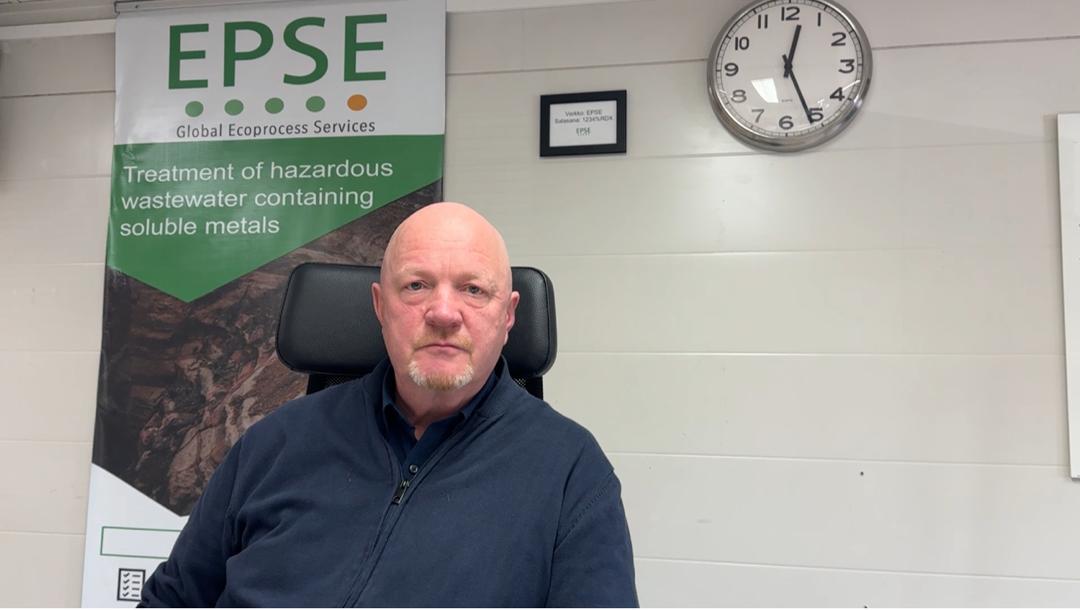
By Mary Kasoka Mwiikisa- Finland
Following the contamination of the Kafue River on the Copperbelt in February 2025, experts established that acid was not the only problem.
The Zambia Institute of Environmental Health says several types of heavy metals, were part of the contamination contents affecting human health, biodiversity, and the livelihoods of communities.
Institute President Titus Haakonde said the heavy metals released into the river and environment was a source of concern for the communities around the area.
Dr. Haakonde said, “acid was neutralized, but what about the heavy metals, the human body has no capacity to completely eliminate heavy metals”.
In order to address the continued mining pollution cases in Zambia, the Embassy of Finland in Zambia has disclosed that government and EPSE OY Limited, a Finnish company that specialises in the treatment of industrial hazardous process and wastewater, containing heavy metals were in talks.
Finnish Ambassador to Zambia, Saana Halinen confirmed that EPSE OY Limited was capable of sustainably managing the mine wastewater, adding that the company had technology capable of removing 51 heavy metals from water.
“EPSE Representatives have been to Zambia, they were actually on site for two weeks after the pollution to assess the situation. Their solution is going to prevent such disasters,” Ambassador Halinen said.
Meanwhile, speaking from his base in Finland, EPSE OY Limited Chief Executive Officer Jouni Jääskeläinen said the company once engaged, would work with mining companies and Government to treat the tailing dams in order to ensure that mine wastewater was safe for the environment before expelling the contents in the environment.
“It is best to treat the tailing dams, such that even if the dam collapsed, the effluent would not be hazardous. This would protect the environment from what happened earlier in Zambia and will increase productivity for the mining companies,” he emphasized.
As Zambia targets to increase copper production to 3 million metric tonnes by 2031, technological innovations that promote sustainable mining will be essential.
Sino Metals and Rongxing Investment Limited recently confirmed that the company would pay over 16 million Kwacha to 507 farmers as compensation for the losses that they suffered due to pollution.
